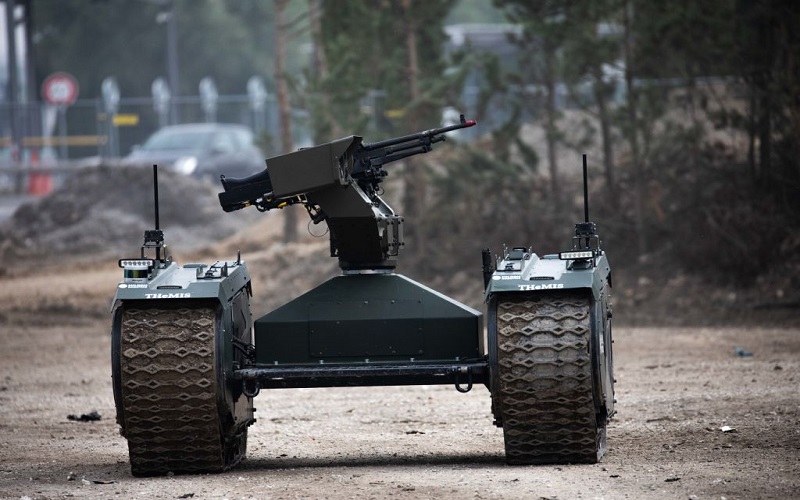The issue of lethal autonomous weapons is one of the defining questions for the future. Recently, at the UN, the bulk of the countries present wanted the establishment of regulations regarding these weapons. Nevertheless, other countries showed their opposition and prevented a favorable outcome of the talks.
A dwindling opportunity to regulate
For the very first time in 2021, the 125 member countries of the UN Convention discussed a possible ban on lethal autonomous weapons, more commonly known as “killer robots”. As CNBC explains in an article from December 22, 2021, some countries have blocked. It should be noted that the UN has been seeking regulation on this topic since 2014. And while the majority of the 125 countries have expressed support for this Convention on Certain Conventional Weapons, other nations such as the United States, Russia or the United Kingdom have expressed their refusal. Not surprisingly, most reluctant countries develop such weapons themselves.
Recall that lethal autonomous weapons are defined as such by their ability to choose and destroy targets without any human intervention. In November 2021, Verity Coyle (senior advisor to Amnesty International) stated in a statement that the opportunity to address this topic was becoming less and less likely as research in the field progressed.
Is it possible to make progress on the subject?
“Killer robots” often take the form of combat drones, such as those used in Libya at the beginning of 2020. In addition, some companies are developing drones of this type with an AI capable of identifying the thermal signature of a human target or its face through a camera. However, making the difference between a soldier and an ordinary civilian obviously requires significant accuracy. And what about questions about ethics or responsibility for the consequences related to these weapons?
Is it possible to find another way to regulate the development of lethal autonomous weapons? Absolutely nothing is certain. An ancillary process could, for example, be set up with governments committing to regulate such weapons. Nevertheless, the UN conference ended only with the commitment of some states to intensify discussions on measures that everyone could agree to. In other words, this is a failure and there is no guarantee that the world will ever really make progress on this issue.




